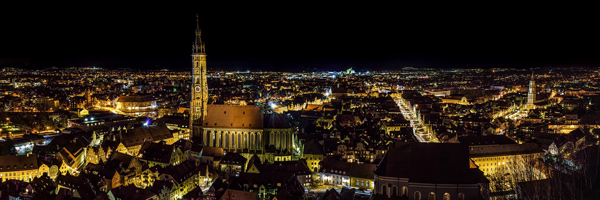Jesus asks his disciples, “Who do you say that I am?” Peter would answer, “God’s Messiah.” About eight days later Jesus would take Peter, James, and John with him to the top of a mountain. While there Jesus would be transfigured by the glory of God and the voice of God would say, “This is my Son, whom I have chosen; listen to him” (Luke 9:35). The answer to the question of who Jesus is is answered by God the father. He is the beloved son of God, and because of this, he is worthy of being listened to and followed. The story draws us into the question Jesus asked his disciples “Who do you say that I am?” How would you answer the question? How we answer the question will determine whether we will listen to Jesus and in what areas of our life we consider him to be an authority.
Is Jesus your eternal life insurance policy? When the time of your death comes you pull him out of the safe and submit the paperwork to Peter at the gate to get in.
Is Jesus your first responder? Whenever there is a crisis, someone is sick, you give him a call and he comes running with lights flashing and sirens blaring to rescue you.
Is Jesus your defense lawyer? When you have messed up, gotten caught, you give him a call to come and make things right with the judge and hopefully get you off, even if it means a little backroom deal is made with the judge.
Is he Jesus Prime? The one go online to whenever you need something. You place your order and within twenty-four hours your new 105″ tv arrives.
Is Jesus your lord and savior? Is he the one who spoke creation into being and holds everything together by his will. Is he the source and sustainer of life?
How we answer this question will determine in what areas of our life we will listen to Jesus and follow him as he says. Let me try to illustrate this. We would all take a little investing advice from Warren Buffett, but we would never think to ask him to tell us how to throw a football. Of course, if Payton Manning offered us some tips we would listen intently, though we might not care too much about what he has to say about index mutual funds.
Every one of us are tempted to compartmentalize Jesus in the same way. When we do so, we decide what areas of life Jesus has wisdom and authority in and what areas are outside of his knowledge. If Jesus is our first responder we may call to him when we are sick or in a crisis, but when he calls us to a new way of being, a new life of holiness following him, we will say, “Jesus, stay in your lane.” Jesus says, “Love your enemies, do good to those that hate you” and we are tempted to question what he really knows about relationships in today’s digital age. He says, “Do not worry about tomorrow, do not store up treasures on earth where moth and rust destroy.” and we say “What do you know about 401k accounts and do you not know the new iPhone that just came out?” Jesus says, “Follow me.” And we say, “could I please have the itinerary of my life in advance so that I can review it and make any necessary changes to ensure the purpose you have for me will give me fulfillment?”
When Jesus says that he is the “way, the truth, and the life . . . ” (John 14:6) he is saying more than he is the means by which we get into heaven. He is saying he is the way to live and be in every area of life. Jesus says he and his way is the authority. He is our example, and he says to each one of us “Come and follow me.” If he is our example for life, then it would be good to listen to what he has to say. If we are going to listen to Jesus, we have to hear him. If we are going to hear him we must eliminate the distractions and noises in our life that keep us from hearing him. The season of Lent is a time for each one of us to examine our lives and to strip away the noises we have allowed in our life that keep us from hearing Jesus. What is it that is keeping you from hearing Jesus?
Blessings,
Stephen
Giving Credit: The basic concept for this post is inspired by the “Listen to Him” Lenton resources from Seedbed Publishing.









